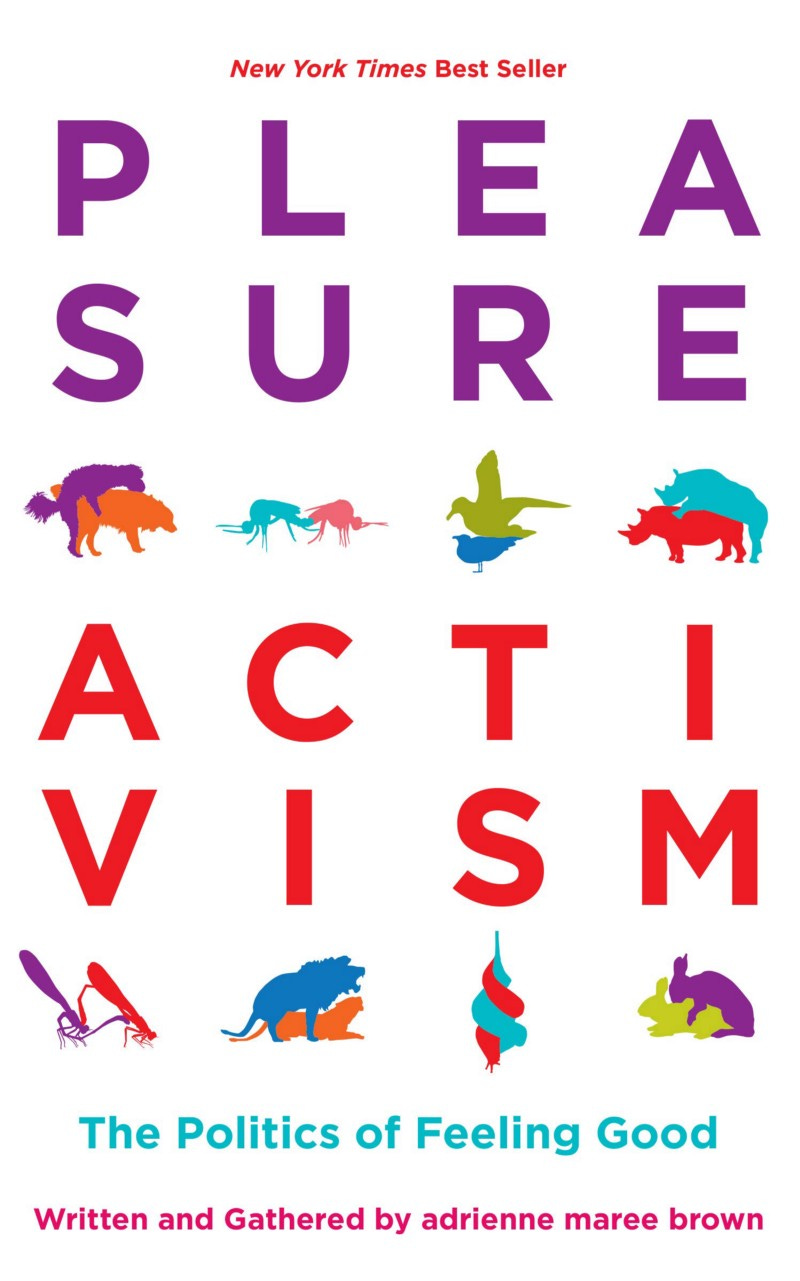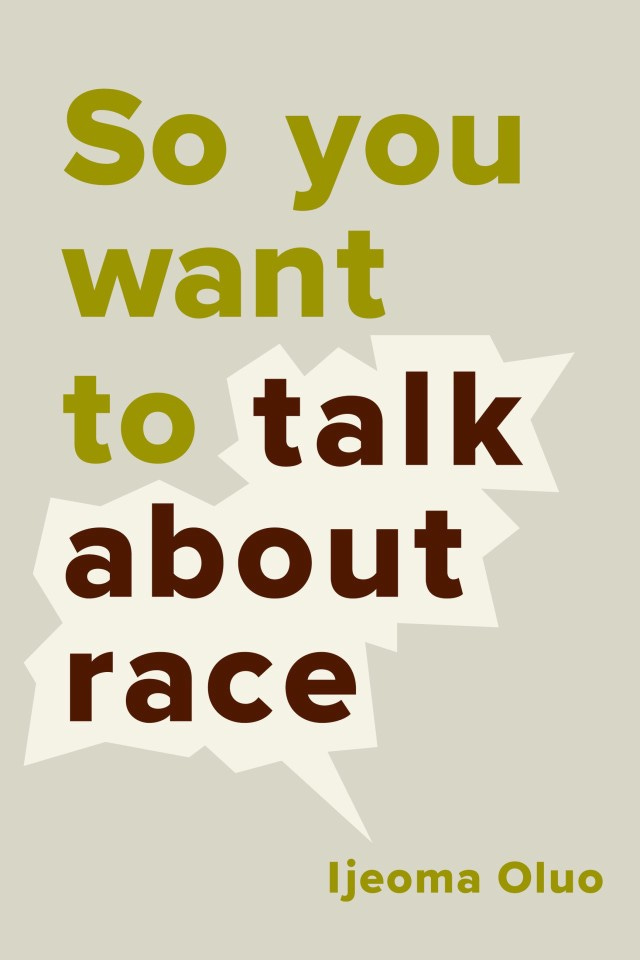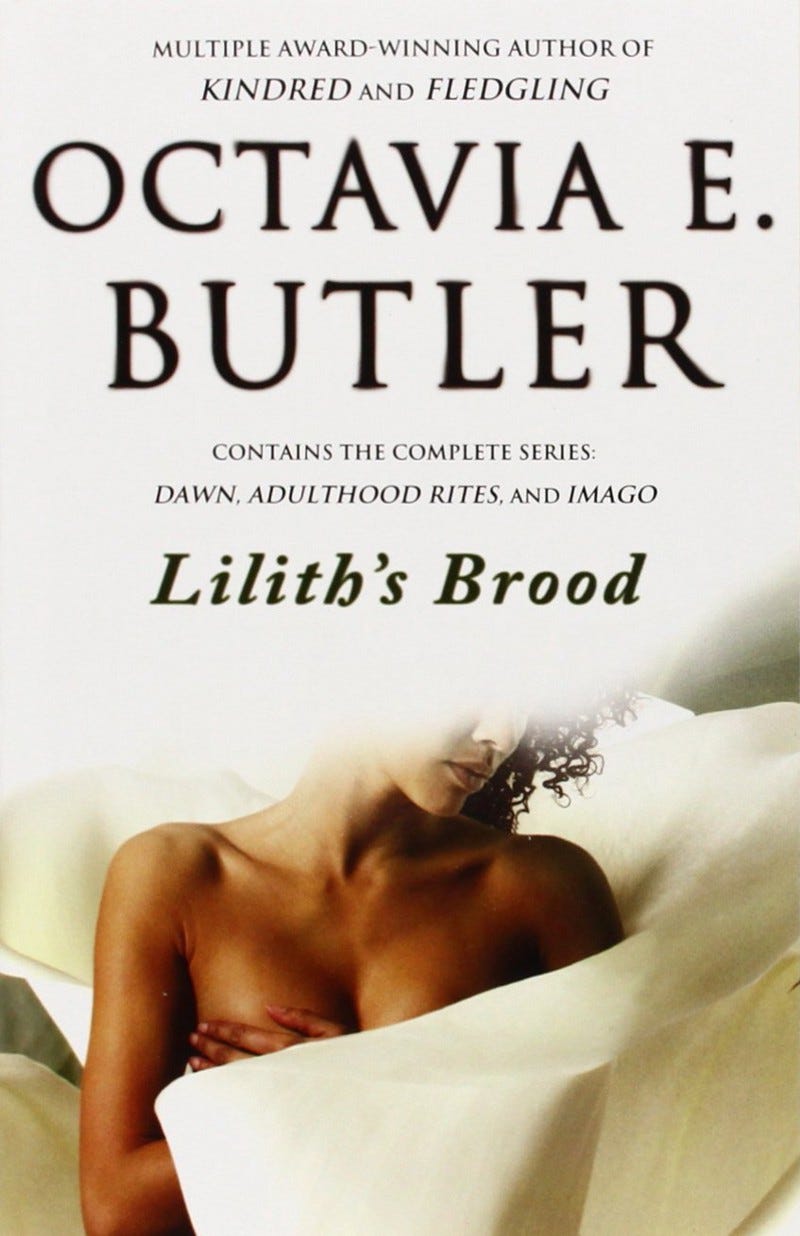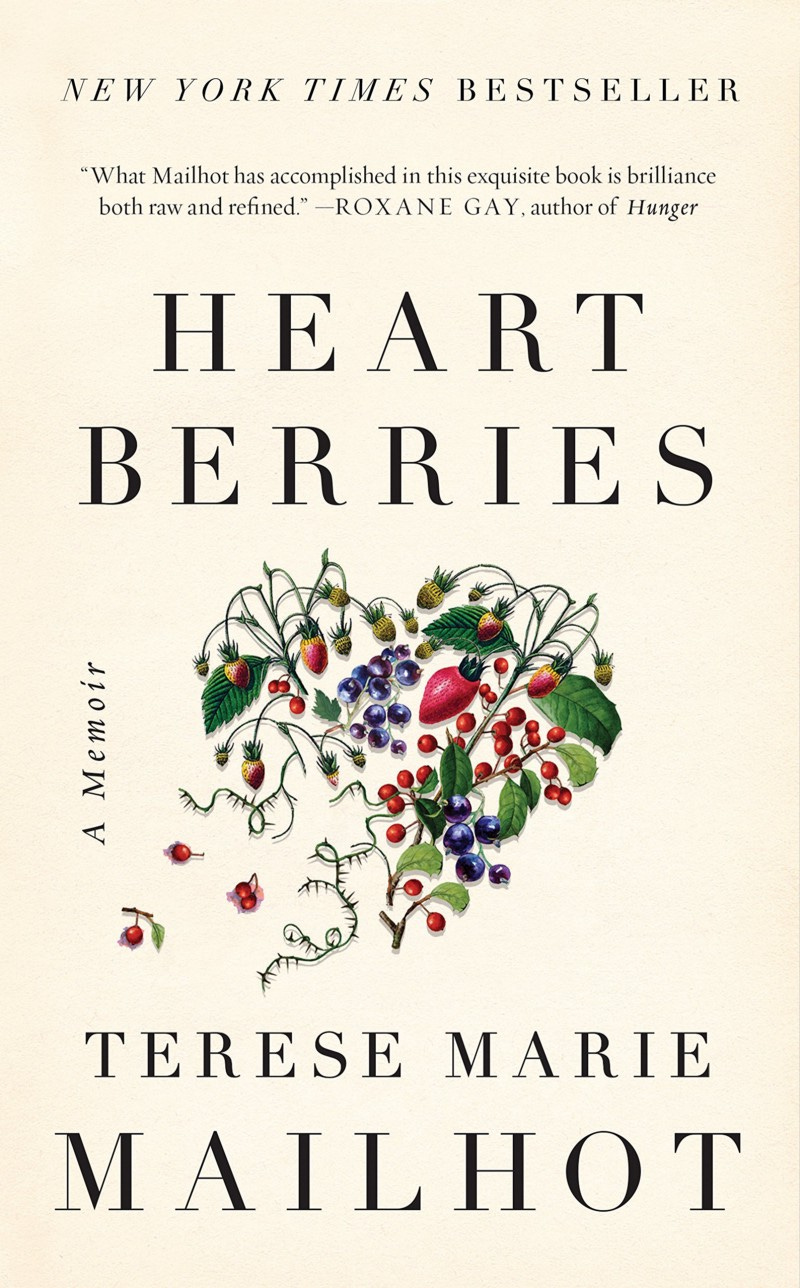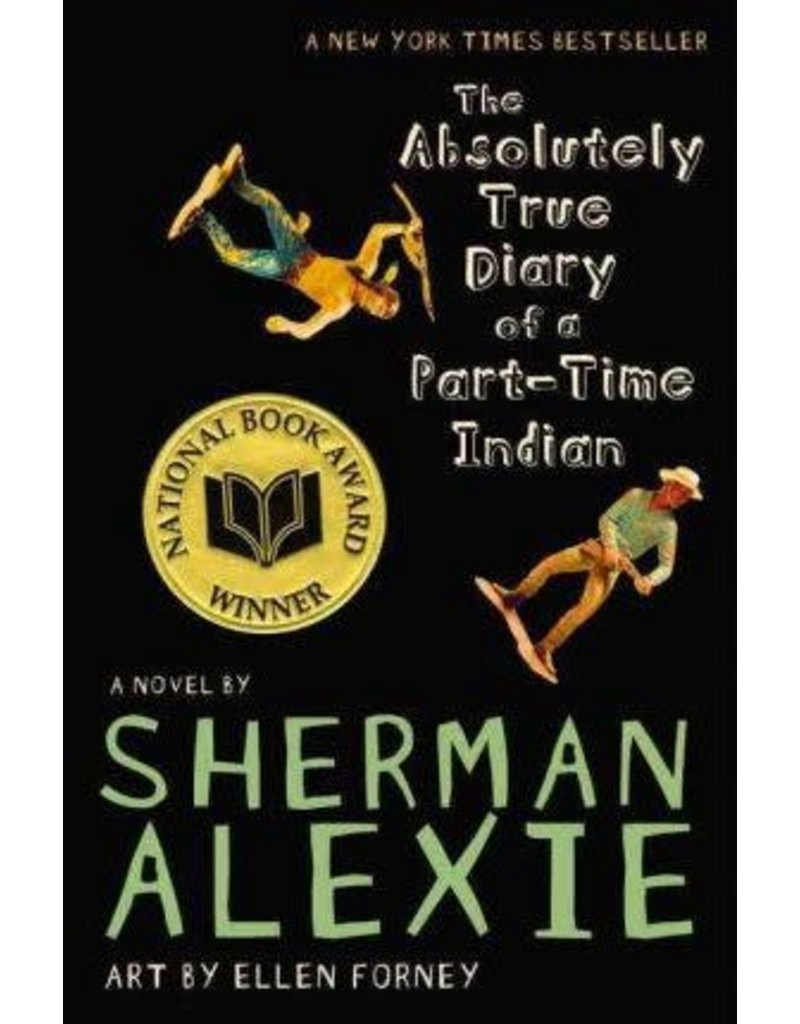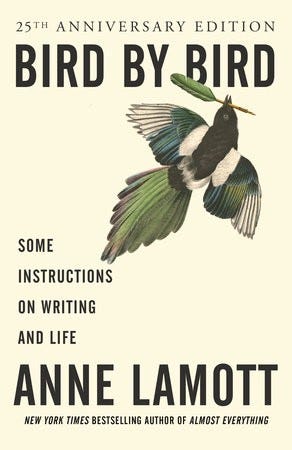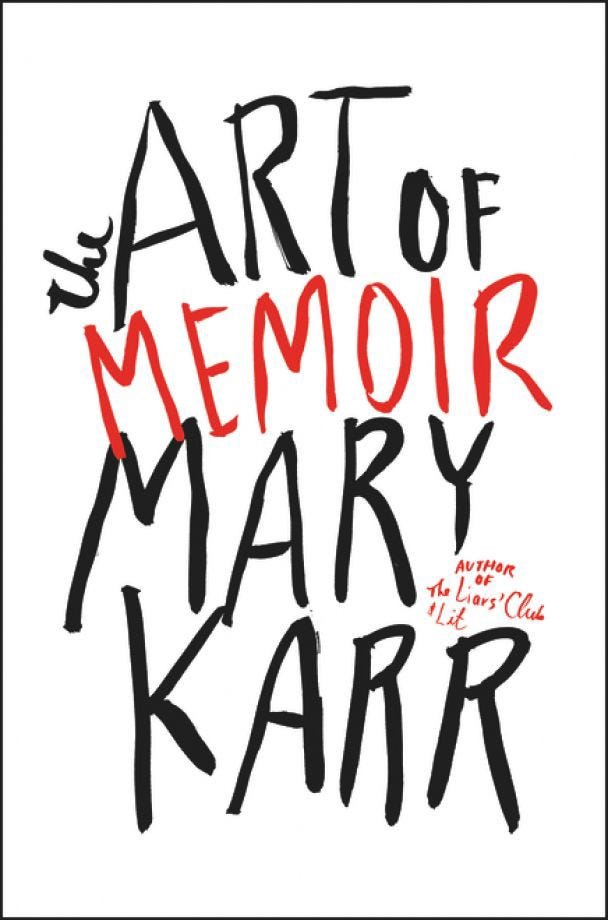First of all, I want to thank everyone who clapped for, commented on, shared and highlighted my book blog from 2019. It was the most popular of all my blog posts last year, with new readers right up to the end of December.
I started writing these book reviews as a way to move away from the elitism of your average ‘books you must read’ posts. There are no books anyone must read. There are a lot of ways to be smart and reading is just one of these. Also, such lists are often woefully inadequate. They are shining examples of the ongoing and pervasive views of the dominant culture, often overwhelmingly from a white, European, cis-gendered, and/or male perspective.
Reading happens to be one of the few things I do as an act of self-care. Whether it’s fiction or non, fanciful or academic, speculative or instructional, a book is food for my entire being: heart, mind and spirit. As a writer, reading also helps improve my ability to lay words to a page. I learn from reading all kinds of books by different authors on all subjects. It matters to me that a book is not only well-written but also pushes the boundaries of my personal bubble. I read to be a better person — to increase my awareness and expand my heart and mind, to gain insights into experiences and perspectives different from my own.
I decided that 2019 would be the year when I would finally read 100 books. I always read a lot, but setting such a goal in the past felt wrong. I knew I’d use it as a way to beat myself up, likely turning something that is a joy into a chore. But this past year felt different. I felt like I could finally manage to tick this off my bucket list without turning it into a stick to beat myself with.
I started slowly, only committing to my usual 52 books a year. I told myself that if I reached 52 books by the end of June then I would adjust and go for 100.
And I did it.
In fact, I surpassed my goal and read 105 books in 2019!
My past posts have kept the number of books I recommend significantly limited, to just five or ten books total. To keep it to just ten for my 2020 recommendations isn’t going to work, particularly as I’ve read such a breadth of genres.
This year’s blog includes fifteen books total. They are my top three recommendations from five genres: General Fiction, General Non-Fiction, Speculative/Science Fiction, Memoir, and Young Adult (YA) Fiction.
I appreciate not all genres appeal to all audiences. You may be an adult who is quite happy to never read Young Adult fiction again. Perhaps non-fiction just doesn’t appeal to you, or try as hard as you might, you simply don’t enjoy sci-fi. No judgement here. My aim is to curate a list of books so good that if you choose any five of them, you will not be disappointed.
The criteria for my selections is many-fold, but I generally include books that are well-written, enjoyable to read, have original content, and/or are incredibly clever. For fiction, I look at well-rounded, believable characters and excellent world-building. For non-fiction, I look for clarity in concept or theme, and a good, easy-to-follow structure for presenting ideas. I chose books that I think will be appealing to readers of all walks of life and reading levels — unpretentious, thought-provoking, and fun.
As ever, they are in no particular order, although I have a few super fond favourites that I have marked with an asterisk. These indicate books I gave five stars to on Goodreads, which is the rating I give to books I love so much I will recommend them to basically anyone I meet and often buy them as gifts.
Enjoy! And please do share in the comments any titles you read this past year that you totally loved.
General Fiction
The Valley of Amazement — Amy Tan
Amy Tan paints an incredible picture of the courtesan culture in Shanghai over a span of forty years through the life of Violet Minturn. In this epic telling, power, privilege, and identity are at the centre of the narrative, as Violet first lives as an American born abroad, raised in a courtesan house run by her mother, and then as a courtesan herself. This was a fascinating, fun read that was hard to put down. There is intrigue, plot twists, and a whole host of fascinating characters.
Amy Tan is one of the most underrated writers I’ve ever encountered. She is best known for The Joy Luck Club and often her writing is described as ‘stories about mothers and daughters’. While most of her books, including The Valley of Amazement, centre on a mother/daughter relationship (sometimes multiple generations, to a grandmother and even great-grandmother), this misses the core of what she writes. Amy Tan writes about Intergenerational Trauma, the refugee experience, and cultural identity, as well as the personal and familial impact of political change. I love all her books and can’t recommend them enough.
Girls Burn Brighter — Shobha Rao
CN — Sex trafficking & sexual assault
This is a story about survival, love and friendship. The two main characters are young women born low-caste in India, seemingly doomed to lives of servitude and poverty. Told alternatively from the perspective of one and then the other, Shobha Rao captures the individual harm experienced at the hands of a patriarchal society, illustrating how the suppression and subjugation of women is a global, systemic and cultural issue. She also creates vibrant women who refuse to lose their ambition for better lives in the face of the oppression they experience. Poornima and Savitha support and sustain one another, even in the absence of the other, simply by having another to look to as someone who believes they not only deserve more in life, but that more can be realised.
The Great Believers — Rebecca Makkai
I came across this book totally by chance. It was on the recommended books display at my local library and the cover stood out enough to get me to read the synopsis. This beautifully written story jumps back and forth from one protagonist in the modern day, to another in Chicago during the 80’s AIDS crisis in America. Not only are the characters incredibly rich and well written, but this is an original take on how stories of this time are usually presented. It explores the ongoing impact of the AIDS crisis in the United States and the trauma that lives on in the lives of those who survived and those who cared for the many young men who lost their lives. It is also interesting to read something about this time not set in San Francisco or New York, but another major American city.
General Non-Fiction
*Pleasure Activism — adrienne maree brown
Another absolute gem from the brilliant, insightful, and oh so wise adrienne maree brown. I know I said that there are no books that everyone must read, but Pleasure Activism is a must-read for anyone working for social change. This collection of essays, poems, interviews and art is an invitation for us to look at the impact and necessity of joy, fun, and play when it comes to revolutionary change. Reading this book is an act of self-care. As a Dharma practitioner, this book planted a question in my head that I’ve been carrying ever since reading it back in April: Instead of alleviating suffering, how can I work to create pleasure?
So You Want to Talk About Race — Ijeoma Oluo
This book isn’t just one of the best non-fiction books I read in 2019 — it’s also one of the best books on the subject of racism in America that I’ve ever read. Given the state of the world at the moment, with the rise of white nationalism happening globally, this is a book that anyone socialised as white should read. If you are upset by what you are seeing and want to challenge racism, this book is a perfect guide to what you can expect and the areas you should be looking at. It’s clear, straight forward, and intersectional.
Ijeoma Oluo has a fantastic talk on NPR called ‘I am Drowning in Whiteness’ that I also highly recommend listening to.
An Indigenous Peoples’ History of the United States (Original and For Young People)—Roxanne Dunbar-Ortiz
When I was seventeen I realised that I had been spoon-fed a version of Canada’s history that painted colonialism as something positive, ignoring the fact of the genocide of the Indigenous people. Ever since I have been unlearning mountains of propaganda, and figured I understood a lot more about what actually happened than the fantasy version of my school days. This book, which I read over a period of almost six months, proved that I still have a lot of unlearning to do.
The density of information is why I had to take my time with it. Just one section of a chapter was more information than I could digest in a week, and digesting was needed. Thanks to this book, I have an even clearer understanding of the colonialist, white supremacist revisions of history, and a more discerning eye for colonialism when consuming others books and forms of media.
I have not read the ‘For Young People’ version of this book, but it was released this year and I got to attend a talk with Roxanne Dunbar-Ortiz and Jean Mendoza on how the original was adapted for youth. My understanding is, if you are less inclined to read a more academic text, then the ‘young peoples’ version’ is a perfectly fine alternative. Personally, I don’t like academic texts, and the original was a bit more academically written than I would prefer to read. So regardless of your age, go ahead and get the Young Peoples’ version if you want a less wordy presentation of the information.
Speculative/Science Fiction
*Future Home of the Living God — Louise Erdrich
Louise Erdrich is a newly discovered author for me this year and this book is one of the best speculative fiction books I’ve ever read. It’s like shades of The Handmaid’s Tale — a possible guess at what created Margaret Atwood’s imagined future — but incredibly original and something entirely its own. The Indigenous Futurism of this book was what I loved the best about it, but it’s also incredible writing that captures the intensity of civilization as we know it falling apart.
Neat bonus! The first of Erdrich’s books I read, The Round House, I ordered from an independent bookstore I later learned is owned by Erdrich herself! If you choose to buy a copy, rather than get it from the library, you can order it from Birchbark books in Minneapolis! Although, if you live outside the US, the shipping on that will likely be super spendy.
*Lilith’s Brood — Octavia Butler
Taking adrienne maree brown’s advice, I have set out to read everything Octavia Butler has written. I’m still working through the list, but in 2019 I read Kindred, the Earthseed books and the trilogy that makes up Lilith’s Brood. I chose Lilith’s Brood for my recommendations as I don’t see these books recommended nearly as often as her other books, and it is definitely my favourite of the concepts and worlds she created.
Set in a distant future, this book explores what it means to adapt and change, as well as issues of consent and choice. I love that the aliens in it are really alien. So much so that even the human characters who come to accept them maintain a level of discomfort at how entirely not human they are.
This is an easy trilogy to commit to, as each book is quite slim and Butler’s way of writing maintains a pace that pulls readers along.
How Long ’Til Black Future Month? — N. K. Jemisin
I am not usually one to read short stories. I find them dissatisfying, particularly if they introduce an interesting character or premise and then just end. It’s like I get a little taste of a concept without a conclusion. But N. K. Jemisin’s short-stories are incredibly satisfying, well-rounded tales that didn’t leave me wanting. They have solid characters, clear plot arcs, and tight narratives. This book also has a fantastic introduction written by Jemisin, which gives the most compelling reasoning why, if you are a writer, learning to write short stories is a must. It was so compelling I made a point of signing up to a short-story class and intend to find more in the future.
Super Fan Nerd bonus! N. K. Jemisin has a Twitch channel. For reals. It’s amazing. You’re welcome.
Memoir
*Heart Berries — Terese Marie Mailhot
2019 was a year of reading a lot of memoirs, thanks to Mary Karr’s The Art of Memoir and my own desire to write one (or possibly two) of my own. I read 25 memoirs in 2019, and Heart Berries was by far the most powerful and well-written of them all. Terese Marie Mailhot’s poetic prose contain more emotion and imagery in a single paragraph than some books might have in an entire chapter. This slim book communicates so much in so few words, with a kind of elegance and clarity that I aspire for in my own writing. I originally got this book from the library, but knew, within a few pages, that I had to own it. I will re-read this book for years to come.
The Liar’s Club — Mary Karr
I have to admit, much of my love for this book is because reading it reminded me of listening to my mum tell stories from her childhood. Mary Karr does a brilliant job of sharing what was a traumatic childhood with a kind of levity that keeps this book from becoming some heavily tragic tale. The work has been done, the harm acknowledged, the wounds lanced and mostly healed (aside from some scar tissue) and we are presented with a story of family secrets, mental illness, and addiction told with humour and grace. Richly written, with well-chosen scenes and just the right balance of exposition, The Liar’s Club is charming, insightful, and a genuinely great read.
When They Call You a Terrorist — Patrisse Cullors
As one of the founders of the Black Lives Matter movement, Patrisse Cullors’ book is a memoir, but also a guide to organizing, community building, and resistance. This book takes the complexity of the systemic way racism functions and filters it through key moments in the lives of Cullors’ and her family and friends. Reading it was both heartbreaking and galvanizing, making it a particularly good accompaniment to So You Want to Talk About Race recommended above.
ALSO! Patrisse Cullors is leading an MFA in Social and Environmental Arts Practice at Prescott College! In a dreamy world, I would be doing this in a heartbeat!
Young Adult Fiction
*The Hate U Give — Angie Thomas
Yes, this was made into a movie, and yes, the book IS better. But hear me out — I’m not saying that the movie isn’t good. The movie is great and if reading isn’t your thing then please, make watching the movie of this book a priority because it is important and it is amazing.
But the book?
The thing about the book is that there is more time to get to know the family and I have never loved a family in a book so much. I was sad when I finished reading it because I missed them instantly. The family dynamics are fantastic, and every member is a rich, well-rounded character. The banter between siblings, between parents, between the kids and the adults — it’s all so well written it felt like I was right in the room, in the home of Starr and the rest of the Carters. This was also one of only a handful of books that have made me both laugh out loud and cry. It’s not often a book evokes that level of emotional response from me, and I always take it as a sign of being so convincingly written that my brain cannot distinguish fictional characters from living human beings.
Moxie — Jennifer Matthieu
The premise of this book is so genius I was jealous and wished I’d come up with it. In fact, I sort of did write a book with a similar premise, but set in the 90s. Jennifer Mathieu did such a fantastic job of it, I got over the jealousy and am just super glad that this bomb book exists for teenagers in the 2000s.
This is the story of a young woman fed up with the rampant sexism at her school, who takes inspiration from her mother’s ‘mis-spent youth’ shoebox full of ‘zines and other Riot Grrl memories. She starts by making a ‘zine, anonymously, as a call to action for solidarity against the unfair treatment of girls at her school, and things really take off from there. This is a great look at feminism and also what it’s like to be a teenager in the age of the Internet. A delightful romp, and apparently soon to be a Netflix movie!
The Absolutely True Diary of a Part-Time Indian — Sherman Alexie
Sherman Alexie is another newly discovered author for me, and I quickly learned that he is a darling of the Pacific Northwest — or he was, until #MeToo exposed him as yet another man who took advantage of women from his position of power and prestige. That super sucks, and with that information, you might not want to read anything he’s written.
No one is just one way, and Alexie has written a really fantastic YA Novel with The Absolutely True Diaries of a Part-Time Indian. This is largely a fictionalised version of Alexie’s own youth, accompanied by charming and fun illustrations by Ellen Forney. I loved this book and all the wonderful characters, as well as the honest portrayal of life on a Reservation, and the complexity of identity as it comes to family, culture, and community.
BONUS BOOKS! FOR WRITERS!
So there are three more books I’m throwing in here as bonuses, specifically for writers. If you are a writer, these are three titles that I found hugely beneficial.
Bird By Bird — Anne Lamott
This book was one of the resources I learned about during the courses I took at Hugo House in 2019. I wasn’t familiar with Anne Lamott at all, and this book was recommended by more than one instructor and classmate. I am so glad it was! It’s a memoir, in a sense, but also a guide and support for the life of a writer. More specifically, Anne Lamott seems to have a similar relationship to writing as I do, so her guidance in this book was not only supportive but reassuring and even validating.
Where The Past Begins — Amy Tan
As I said above, Amy Tan is an incredible writer. I am always impressed with the depth of the characters she creates, and the complexity of her storylines. Where The Past Begins is another book put out as a memoir, but as a memoir about Amy Tan’s reflections as a writer, and so it is an excellent guide and support for writing.
What I loved the most about this book is Tan’s humility and willingness to share the challenges she has with her work. We know writing isn’t effortless, but it’s another thing entirely to have a writer as prolific and skilled as Amy Tan share her frustrations and challenges. I also take heart in knowing her career as a writer didn’t really happen until she was in her thirties.
The Art of Memoir — Mary Karr
You do not need to be writing a memoir to benefit from reading this book as a writer. Yes, the book is largely about how to create a moving, relatable story out of someone’s actual lived experience, but there are so many juicy tidbits and insights for writing any kind of narrative. And if you aren’t a writer, you can still enjoy this book as someone who reads, as it illuminates a lot of what makes any story great.
~~~
This blog was originally published on Medium.






